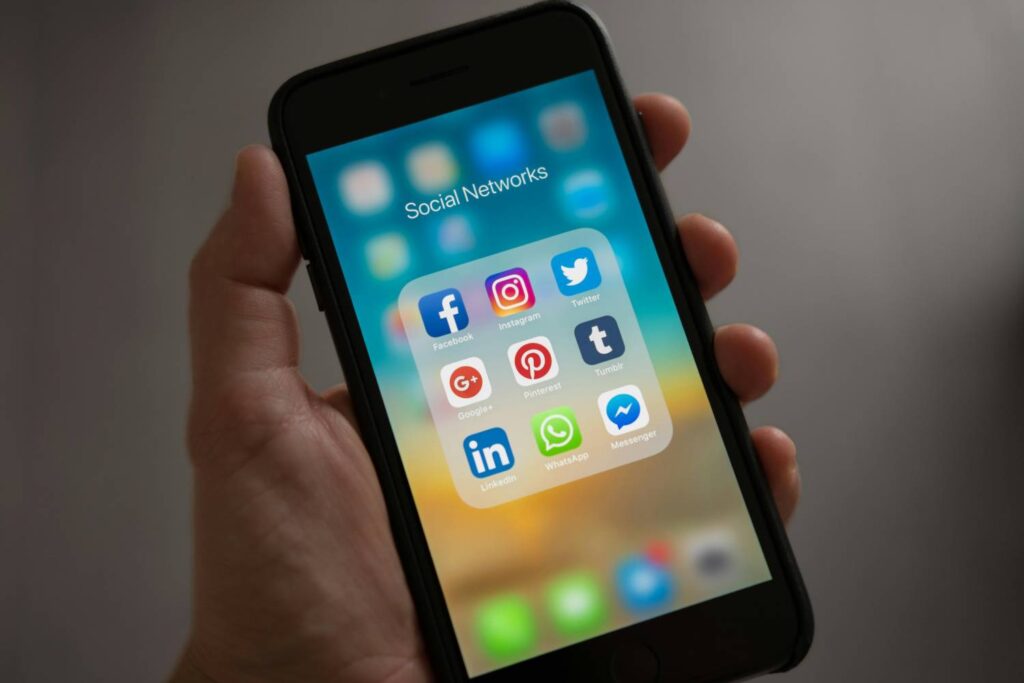Understanding who your Ideal Customer Profile (ICP) is can be a game-changer for your startup. Your ICP represents the segment of your target audience most likely to benefit from and be willing to pay for your product or service. By pinpointing who these ideal customers are, you can tailor your approach to attract and retain them. Here’s a step-by-step guide to identifying and understanding your ICP.
Types of customer

Understanding whether your ideal customers are enterprise companies, small-to-medium businesses (SMBs), or individual consumers is the first step.
- Enterprise Companies: These are large organizations with complex needs and larger budgets. They often require customized solutions and have a longer sales cycle.
- SMBs: Small and medium-sized businesses typically look for more scalable solutions that fit their budget. They often make faster purchasing decisions than enterprise companies.
- Consumers: Individual buyers might be interested in your product for personal use. They usually make quicker purchasing decisions but might be more price-sensitive.
Who is Your Ideal Customer?

Identifying specific customer profiles within these categories will help you narrow your focus. Here are ten examples of potential ideal customer profiles:
- Marketing Directors at mid-sized tech companies
- Product Managers in startup software firms
- HR Managers at large corporations
- E-commerce Entrepreneurs running online retail businesses
- IT Consultants working with small businesses
- Financial Advisors in medium-sized firms
- Health and Wellness Coaches targeting individual clients
- Real Estate Agents in emerging markets
- Educational Administrators at private schools
- Freelance Graphic Designers looking for productivity tools
What Products Are They Using?

To effectively target your ICP, understand the products they currently use. Here’s an example of how you can find out:
- Marketing Directors: Likely using tools like HubSpot, Marketo, and Google Analytics.
- Product Managers: Might be using product management software such as Jira, Trello, or Asana.
- HR Managers: Often use HR software like BambooHR, Workday, or ADP.
- E-commerce Entrepreneurs: Likely using platforms like Shopify, WooCommerce, or Magento.
- IT Consultants: May use IT service management tools like ServiceNow or SolarWinds.
- Financial Advisors: Often use financial planning software such as Salesforce Financial Services Cloud or eMoney Advisor.
- Health and Wellness Coaches: Might use client management tools like Mindbody or WellnessLiving.
- Real Estate Agents: Likely using CRM systems like Zillow Premier Agent or Follow Up Boss.
- Educational Administrators: Often use Learning Management Systems (LMS) like Blackboard or Canvas.
- Freelance Graphic Designers: Likely using design tools such as Adobe Creative Cloud or Sketch.
Who is the Decision Maker?

To reach these ideal customers, you need to identify the key decision-makers within their organizations. For instance, five job titles commonly involved in decision-making are: chief marketing officer (CMO), product director, head of HR, e-commerce manager, and IT director.
Also, understanding the profiles of decision-makers helps tailor your approach. You can find them by searching within the industry you’re targeting on LinkedIn, X, and Facebook. You can engage in groups and forums where your ICP is active to gather insights and refine your customer profile.
Your Ideal Customer Profile (ICP) is a powerful tool for focusing your marketing efforts and growing your startup. By identifying the type of customers you want to target, understanding what products they use, and knowing who the key decision-makers are, you can craft targeted strategies that resonate with your audience. Utilize LinkedIn and social media to stay connected with your customers and continuously refine your ICP as you learn more about their evolving needs.

Leave a Reply